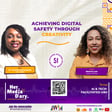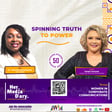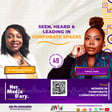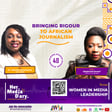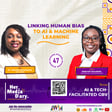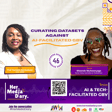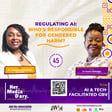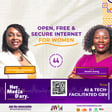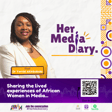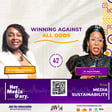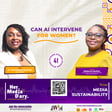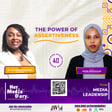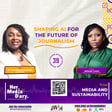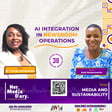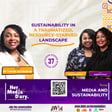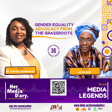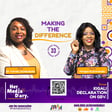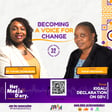
Safety and Responsibility in Reporting COVID-19
This is the first of a four-part podcast series called COVID-19 for Journalists.
In this episode we speak with Queenter Mbori and Maria Salazar-Ferro.
Queenter Mbori is an Editor with The Standard Group and the President Standard Group Women Network.
Maria Salazar Ferro is director of CPJ’s Emergencies Department, overseeing the organization’s assistance and safety work worldwide. She is president of the board of the ACOS (A Culture of Safety) Alliance, a coalition aimed at improving protections for freelancers. She joined CPJ in 2005 and has served as coordinator for the Journalist Assistance Program and the Global Campaign Against Impunity, and as senior research associate for the Americas program.
We speak on a range of topics from journalists' safety to misinformation, surveillance and data tracking.
Links:
Committee to Protect Journalists: https://cpj.org/
Standard Media: https://www.standardmedia.co.ke/
AfricaCheck: https://africacheck.org/
